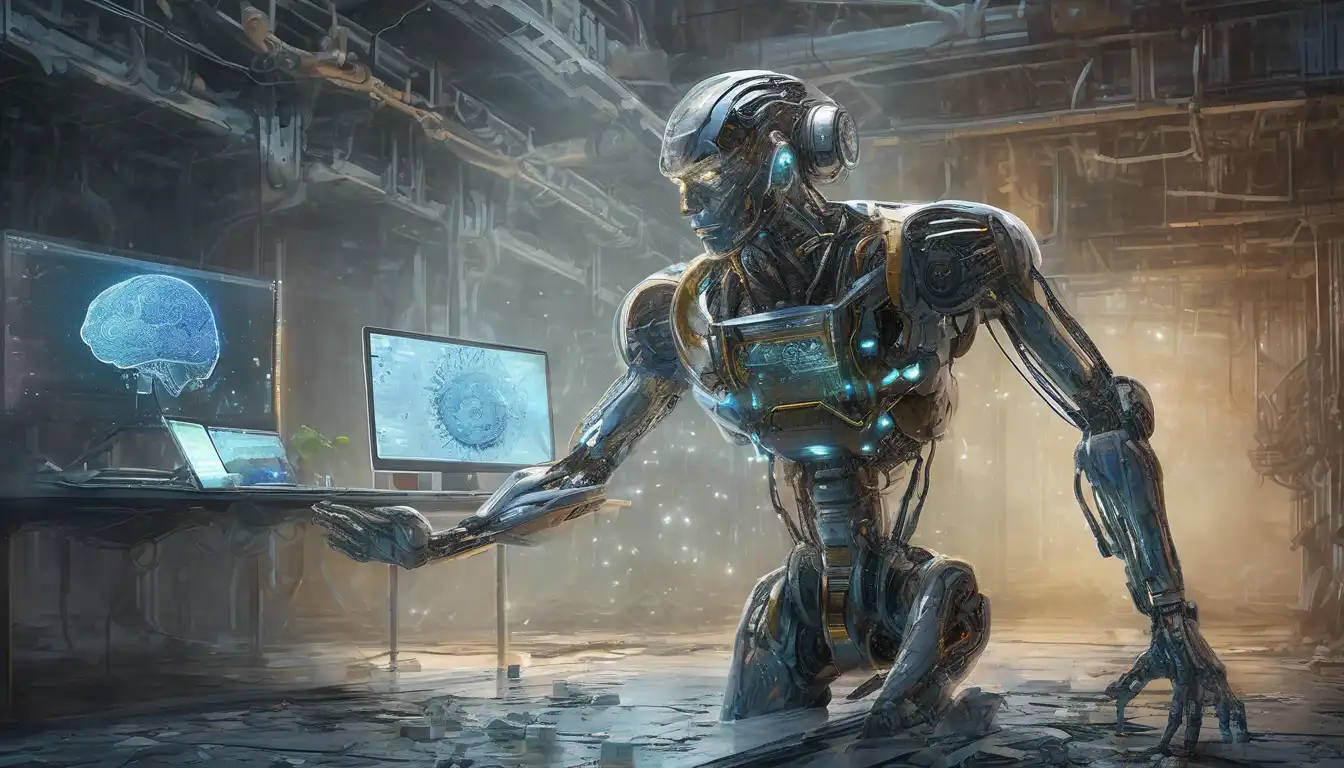Introduction to Artificial Intelligence
Artificial Intelligence (AI) has become a cornerstone of modern technology, influencing everything from how we interact with our devices to the future of work. Despite its widespread adoption, numerous myths persist about what AI can and cannot do. This article aims to separate fact from fiction, providing a clear-eyed view of AI's capabilities and limitations.
Myth 1: AI Can Think and Feel Like Humans
One of the most pervasive myths is that AI possesses consciousness or emotions akin to humans. In reality, AI operates based on algorithms and data inputs. It can simulate certain aspects of human thought processes but lacks self-awareness or genuine emotional responses.
Myth 2: AI Will Replace All Human Jobs
While AI is transforming the job market, the idea that it will render human workers obsolete is exaggerated. AI excels at automating repetitive tasks but struggles with jobs requiring creativity, emotional intelligence, and complex decision-making. The future likely holds a collaborative relationship between humans and AI, not a replacement.
Myth 3: AI Is Infallible
AI systems are only as good as the data they're trained on. Biases in data can lead to skewed outcomes, and AI lacks the ability to understand context in the way humans do. Recognizing these limitations is crucial for developing more ethical and effective AI solutions.
The Reality of AI's Potential
Despite these myths, AI's potential to revolutionize industries is undeniable. From healthcare diagnostics to environmental protection, AI offers tools to solve some of the world's most pressing challenges. The key is to approach AI with a balanced perspective, acknowledging both its strengths and weaknesses.
How to Stay Informed About AI
Keeping up with the latest developments in AI can be daunting. Here are a few resources to help you stay informed:
- Follow reputable tech news outlets
- Participate in online forums and communities
- Attend conferences and webinars on AI and machine learning
By debunking these myths, we can foster a more informed and realistic understanding of artificial intelligence. As AI continues to evolve, so too will our ability to harness its potential for the greater good.
